KEEP NEWS
KEEP HOSTS PROF. WAYNE SCALES TO EXPAND QUANTUM CAPACITY
Published: 01 Aug 2025

The KNUST Engineering Education Project (KEEP) hosted Prof. Wayne A. Scales, Professor of Electrical and Computer Engineering at Virginia Tech, for an immersive course on Quantum Information Science and Engineering (QISE). Held at the KEEP Postgraduate Building, the two-week course attracted students from multiple departments, including Physics, Telecommunication Engineering, Electrical Engineering, Biomedical Engineering and Computer Engineering, for over 20 hours of intensive instruction.
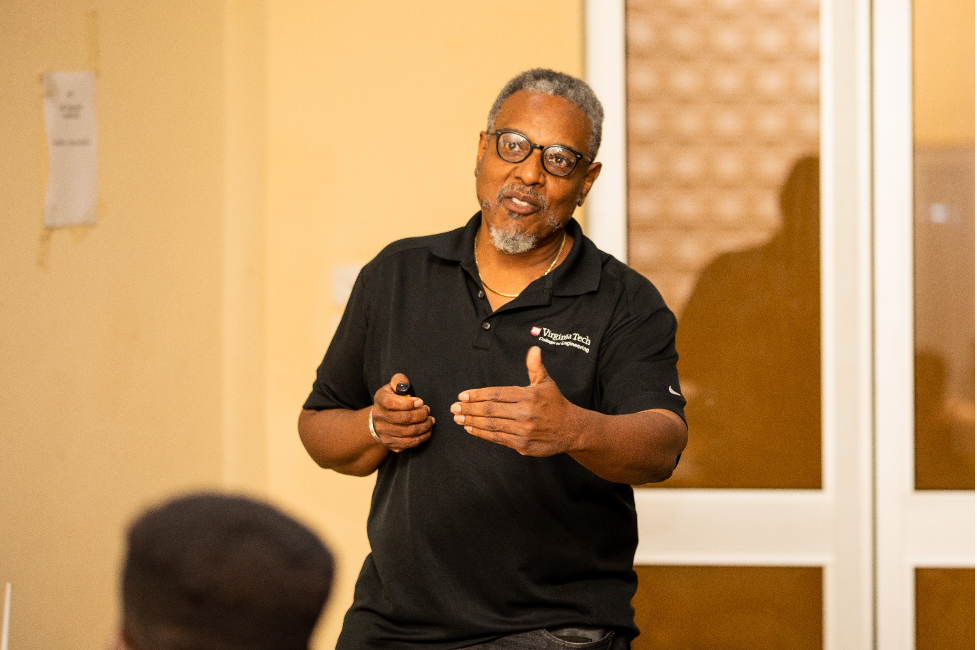
Prof. Scales covered the foundational and applied aspects of QISE, ranging from quantum computing fundamentals and the mathematics of qubits to laboratory-based methods for detecting quantum entanglement and implementing quantum key distribution systems. “Quantum is going to impact all branches of engineering in your lifetime,” Prof. Scales said during the opening lecture. “The aim is not just theory; we must understand how to apply these principles in the lab, computing, secure communication, and the systems that run the modern world.”
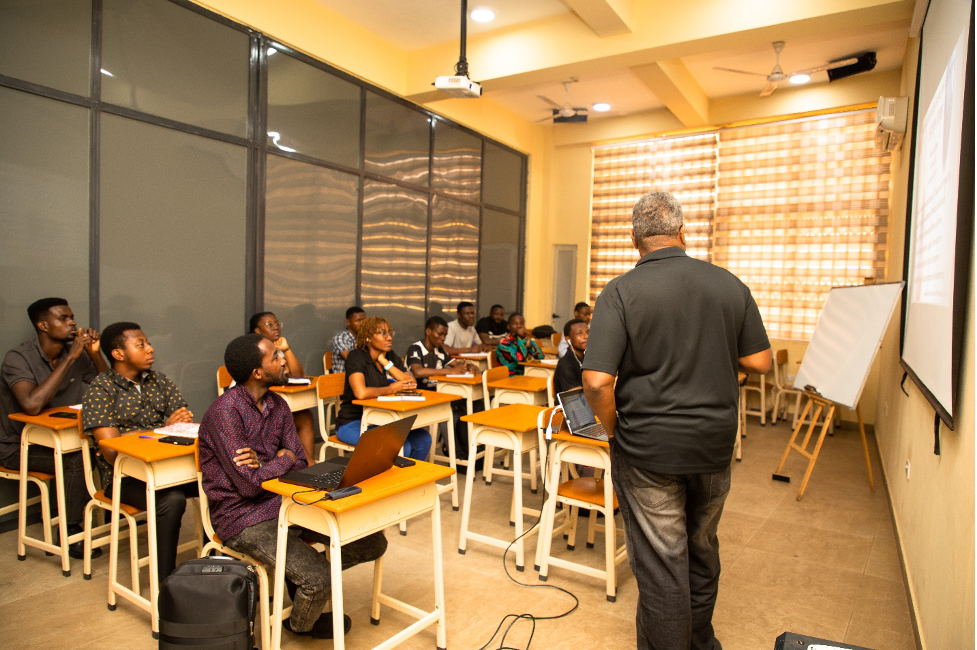
Drawing from his lab at Virginia Tech, Prof. Scales assigned practical assessments using real quantum data and emphasised applications in quantum sensing and secure communication systems, giving students a rare opportunity to engage hands-on with frontier science.
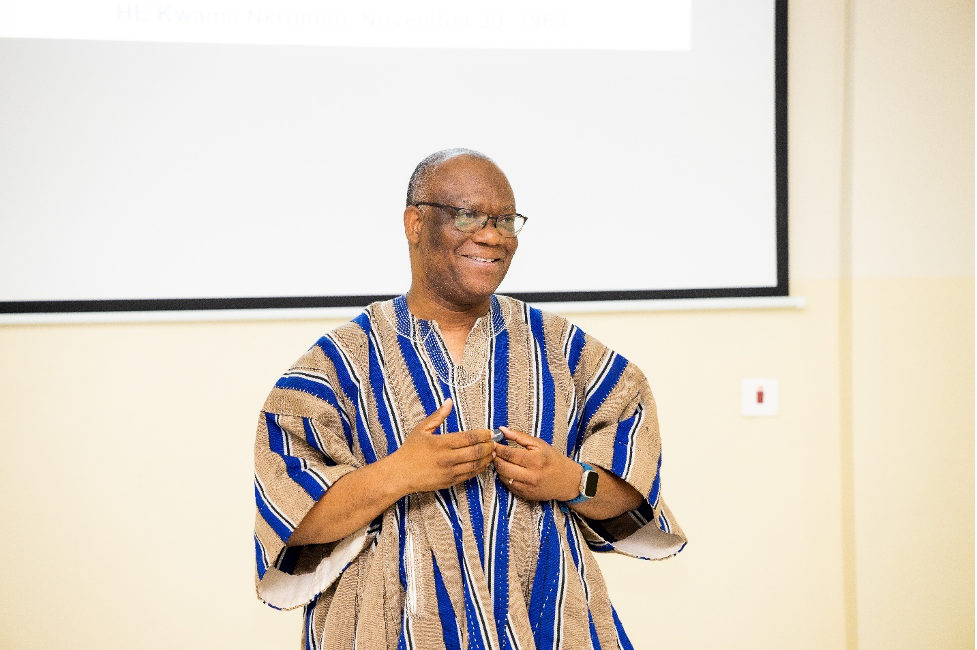
In a closing meeting held at the KEEP Conference room, Prof. Jerry John Kponyo, Project Lead of KEEP, reflected on the broader vision behind this engagement. “This is the outcome of an evolving relationship from past staff exchanges to curriculum development and research alignment. We are building a foundation for lasting impact.” He also emphasised the importance of cultivating long-term partnerships and sustaining the momentum built over the last two weeks.
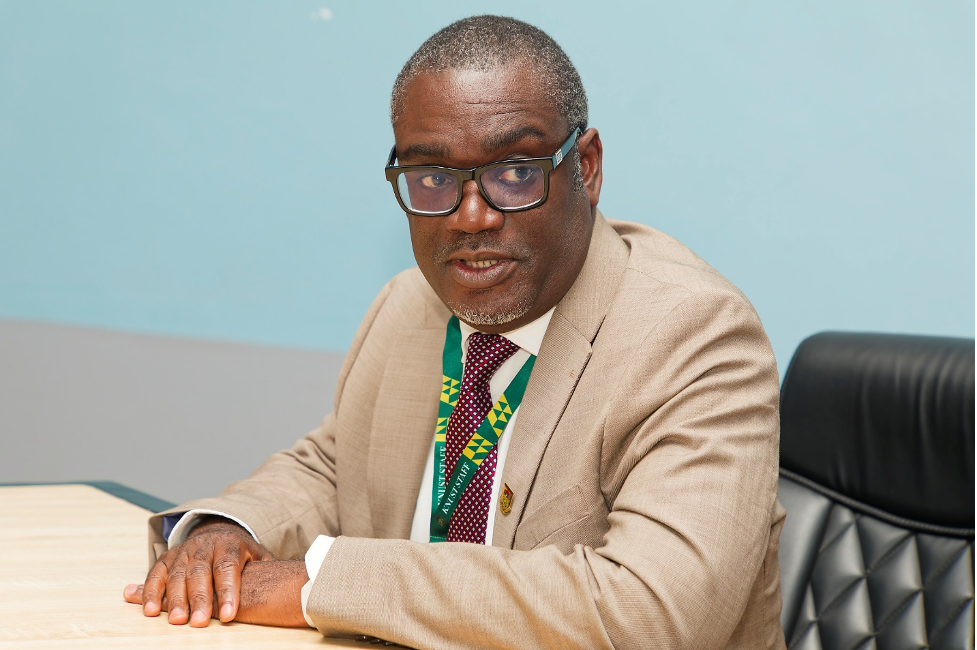
Prof. Kwabena Biritwum Nyarko, Provost of the College of Engineering, in his remarks, reaffirmed the College’s commitment to building international collaborations and emphasised the upcoming Memorandum of Understanding (MoU) with Virginia Tech as a vehicle to scale up KNUST’s efforts in quantum computing, AI, and broader digital transformation.
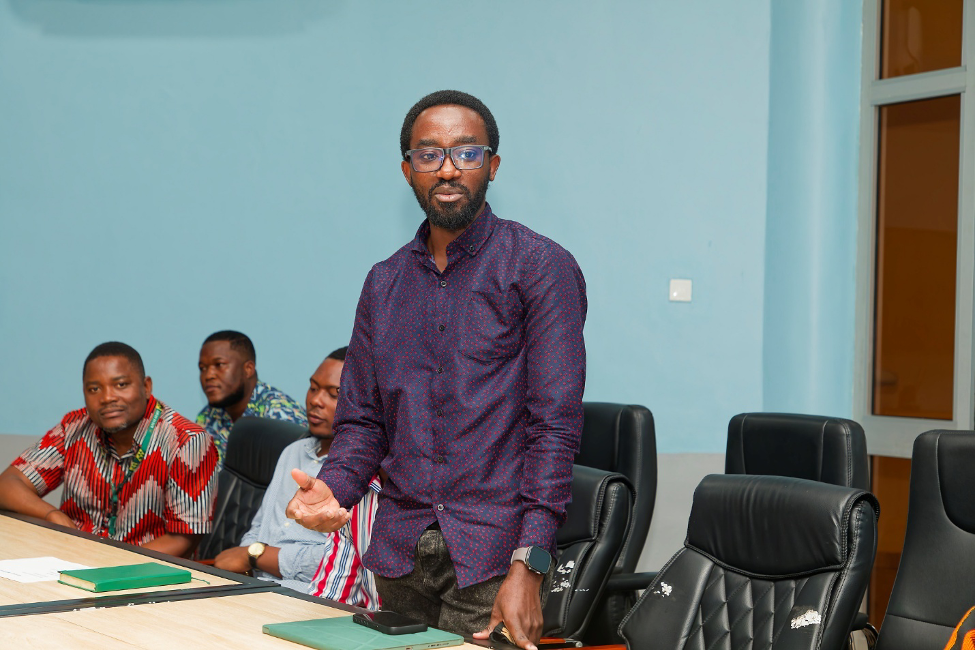
Dr. Justice Owusu Agyemang, a lead faculty member in Telecommunication Engineering, outlined the roadmap for establishing a full-fledged quantum research ecosystem. He shared progress on the Quantum Lab, plans to integrate IBM Qiskit for quantum computing education, and ongoing efforts to secure equipment funding through local and international grants. He also emphasised the importance of building layered capacity from hardware to human resources and outlined how the lab would support postgraduate research, remote supervision partnerships, and skill development.
Following his presentation, Prof. Nyarko praised the quantum initiative and called on Dr. Owusu Agyemang to develop a concrete plan for its future. He emphasised the importance of moving from momentum to strategy, noting that structured planning would unlock new opportunities for support and collaboration.
“We’ve taken the first step by building capacity and launching a quantum course. “Now we create something like a clear three-year plan with a defined budget,” he said.
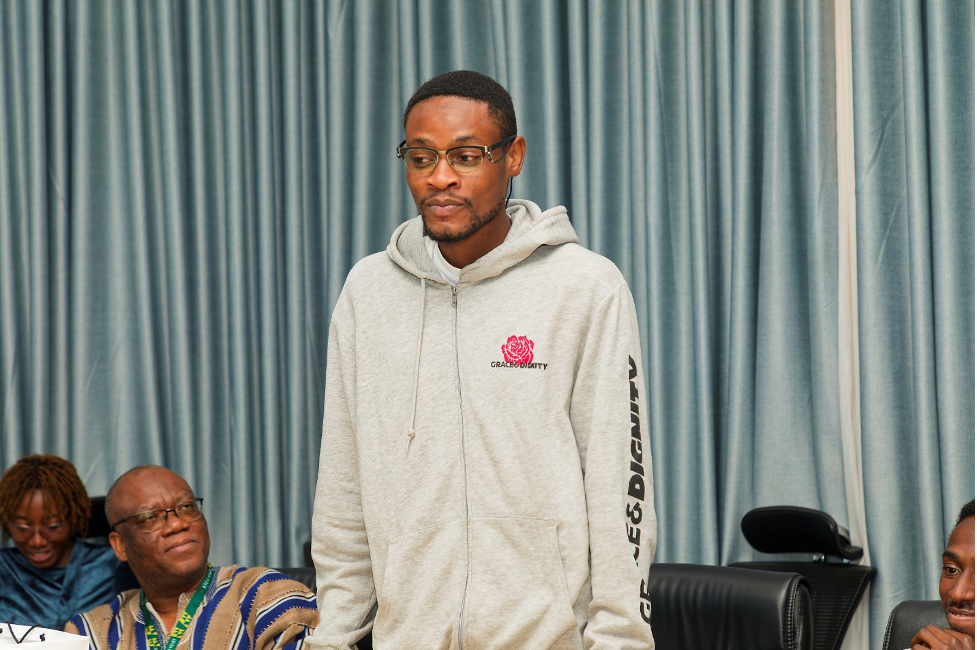
Students appreciated the course and Prof. Scales’ teaching style, emphasising interactivity and real-world context connection. “He made every concept feel approachable because after every slide, he would pause and ask for questions, which gave us a chance to process the material,” one student shared.
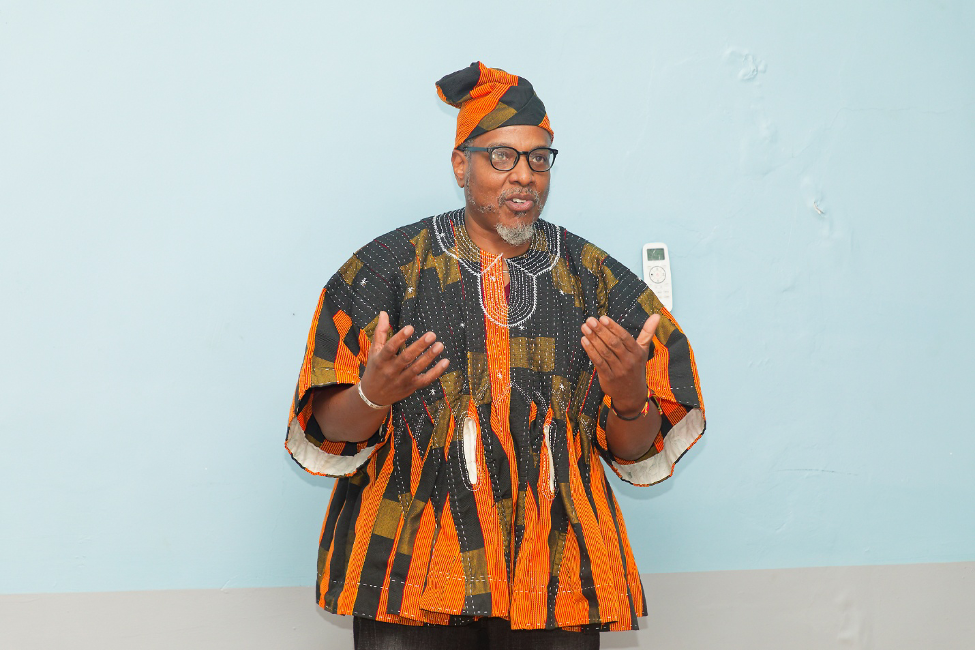
In his closing address, Prof. Scales delivered a heartfelt message about identity, purpose, and potential. Growing up as a black man in rural America, he said he never imagined he’d be teaching quantum science in Ghana, a place that now feels like home. He praised the sharp thinking and drive of the students, emphasising that Ghana has the talent to lead quantum research on the continent and beyond.
